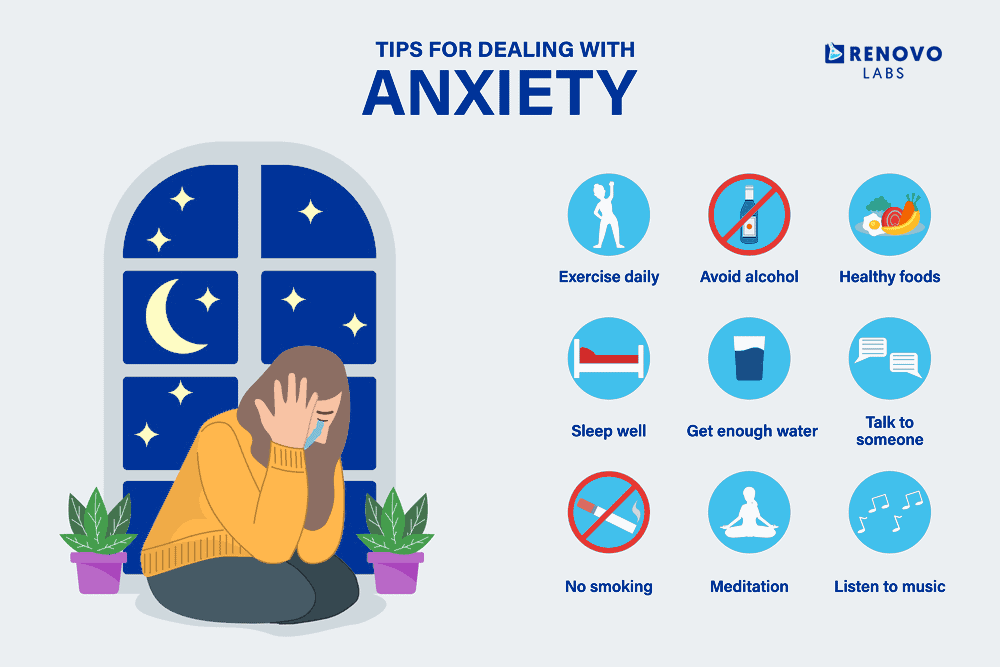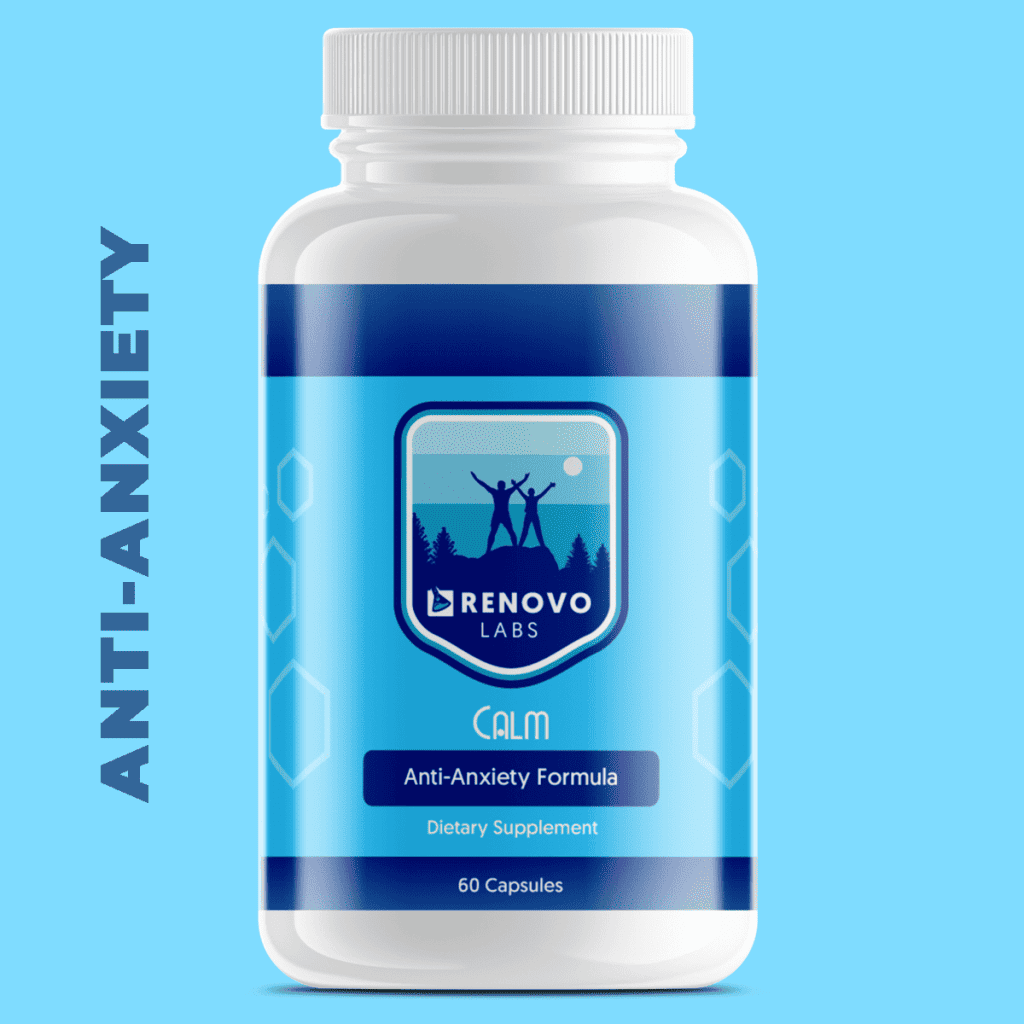Performance anxiety (PE) is a common phenomenon that can affect us in any profession, relationship, and in all walks of life. It is a feeling of nervousness, fear, and apprehension that arises when one is in a situation where he or she is expected to perform. These expectations can either be self-imposed, or imposed on by another person – such as a spouse, your boss at work, or a sports team for example.
If your concerns are deep-rooted enough, these limiting beliefs can become a self-fulfilling prophecy. In other words, your fear and anxiety over failure can end up leading you to fail. Performance anxiety can manifest in different ways, such as fear of public speaking, fear of making mistakes, or a fear of failing in general. It can lead to decreased confidence, decreased work productivity, and overall, a decreased quality of life.
It’s no secret that this kind of situation can create roadblocks for those who are going through it. Chances are that you’re reading this because you’re ready to take charge of the situaion – let’s discuss effective tips on how to break the cycle of performance anxiety.
Understanding Performance Anxiety
This type of anxiety that arises when one is in a situation where he or she is expected to perform. It can be characterized by physical symptoms such as sweating, trembling, increased heart rate, and nausea. It is a normal response to stress and can affect anyone, regardless of whether they are experienced or inexperienced. It can occur in different aspects of life, such as in sports, music, and work.
One of the most common ways that performance anxiety manifests is through a fear of failure. This fear can be so paralyzing that it can lead to procrastination and avoidance of important tasks. It can also lead to self-doubt and a feeling of being inadequate, which can impact one’s confidence and self-esteem.
These Factors Might Be Causing Your Performance Anxiety
There are several reasons why one may experience performance anxiety. Here are some potential physiological causes of PE:
1. Stress Hormones
When you are anxious, your body releases stress hormones such as cortisol and adrenaline. These hormones can affect your ability to focus, think clearly, and recall information. They also cause physical symptoms such as increased heart rate, sweating, and trembling. If you experience performance anxiety on a regular basis, your body may become accustomed to the constant release of stress hormones, which can lead to a cycle of anxiety.

2. Negative Emotions
Performance anxiety can also be caused by negative emotions such as fear, self-doubt, and worry. These emotions can make you feel inadequate and affect your confidence and self-esteem. They can also lead to a fear of failure, which can make it difficult to take risks and pursue important goals.
3. Dysfunction in the Amygdala
The amygdala is the part of the brain that is responsible for processing emotions such as fear and anxiety. Dysfunction in this part of the brain can cause an overactive fear response, leading to performance anxiety. This dysfunction can be caused by a variety of factors, such as genetics, trauma, and stress.
What Are Signs of Performance Anxiety?
Performance anxiety is a condition that affects many individuals, causing them to have extreme anxiety and stress in certain situations. The symptoms of performance anxiety can vary from person to person, but they all have one thing in common: they can greatly impact one’s daily life. Here are some additional details on some of the common symptoms of performance anxiety:
- Sweating: This is a very common symptom of performance anxiety. When someone is dealing with performance anxiety, they may sweat profusely, even if they are not physically active.
- Trembling: Another common symptom of performance anxiety is trembling. This can happen in the hands, legs, or even the entire body. It can make it difficult to perform tasks that require fine motor skills.
- Increased Heart Rate: For many people, performance anxiety can cause their heart rate to increase significantly. This can make it difficult to focus on tasks or to keep a clear head.
- Dry Mouth: Performance anxiety can also cause dry mouth. This can make it difficult to speak, swallow, or even breathe comfortably.
- Difficulty Breathing: Some people with performance anxiety may experience difficulty breathing. This can cause shortness of breath, chest tightness, and other uncomfortable sensations.
- Negative Thoughts and Self-Doubt: Performance anxiety can also lead to negative thoughts and self-doubt. Individuals may worry that they are not good enough, or that they will fail. These thoughts can be very distressing and may make it difficult to perform at one's best.
- Fear of Failure: Finally, performance anxiety can cause a fear of failure. This fear can be so strong that individuals may avoid situations that trigger their anxiety. This avoidance can limit one's opportunities for growth and success.
It’s important to note that performance anxiety is a treatable condition. Individuals who are struggling with this issue should seek help from a mental health professional. With the right treatment, it’s possible to overcome performance anxiety and lead a fulfilling life.
6 Ways How To Break The Cycle Of Performance Anxiety

Here are some effective tips that can help you learn how to break the cycle of performance anxiety at work, in your daily life, or wherever you might be struggling:
1. Try Mindfulness and Relaxation Techniques
Practicing mindfulness and other relaxation techniques such as deep breathing, meditation, and yoga can help you calm your mind and reduce stress. This can help you focus better and perform your tasks more effectively. Mindfulness can help you stay present at the moment and reduce the impact of negative thoughts and emotions. It can also help you become more aware of your physical and emotional reactions to stress, which can help you manage them more effectively.
2. Practice Positive Self-Talk
Positive self-talk involves replacing negative thoughts with positive ones. This can help you build your confidence and self-esteem, and reduce anxiety. It can help you focus on your strengths and abilities rather than your weaknesses and limitations. Positive self-talk can be a powerful tool in breaking the cycle of performance anxiety. For instance, when you are faced with a difficult task, you can tell yourself that you are capable of handling it and that you have the skills and knowledge to succeed.
3. Try to Set Goals That Are Achievable and Realistic for Yourself
Setting realistic goals for yourself can help you focus on what you can achieve, rather than what you cannot. This can help you feel more in control and reduce anxiety. Setting goals can help you stay motivated and provide a sense of purpose. It can also help you track your progress and celebrate your achievements. By setting realistic goals, you can break down large tasks into smaller, more manageable ones, which can be less overwhelming.
4. Confronting Fear Is Better Than Avoiding It.
Avoidance can make anxiety worse. Facing your fears can help you overcome them. Take small steps towards your goal and gradually increase your exposure to the situation that causes anxiety. This can help you build confidence and reduce the impact of performance anxiety. Facing your fears can be challenging, but it can also be rewarding. For example, if you have a fear of public speaking, you can start by practicing in front of a small group of friends or colleagues before gradually working your way up to larger audiences.
5. Making Healthy Lifestyle Changes
Making healthy lifestyle changes such as regular exercise, healthy eating, and getting enough sleep can help you manage stress and reduce anxiety. Exercise can help you release endorphins, which are natural mood boosters. Eating a healthy diet can provide your body with the nutrients it needs to function properly. Getting enough sleep can help you feel rested and refreshed. These lifestyle changes can help you build resilience and cope more effectively with stress.
6. Try Renovo Labs’ Anti-Anxiety Formula, ‘Calm’
Renovo Labs’ Calm Anti-Anxiety Formula combines natural ingredients like Valerian Root, L-Theanine, Ashwagandha, and more to address performance anxiety. These ingredients are believed to promote relaxation, reduce stress, and support anxiety reduction.
With clinical trials showing that the ingredients can potentially increase the quality of sleep and reduce cortisol levels just 20 minutes after ingestion, this powerful formulation, in combination with a healthy lifestyle – gives people a way to fight back against performance anxiety.
** These statements have not been evaluated by the Food and Drug Administration. This dietary supplement product is not intended to diagnose, treat, cure or prevent any disease **
You’ve Got This – You’re Capable
There are effective ways to learn how to break the cycle of performance anxiety – and they all start with you. Try some of the lifestyle modifications we discuss above and consider supplementing with Renovo Labs’ Calm for an extra boost. Remember, breaking the cycle of performance anxiety takes time and effort, but with persistence and practice, it is possible to overcome it and achieve your goals. Good luck!





 Excludes DNA Testing
Excludes DNA Testing